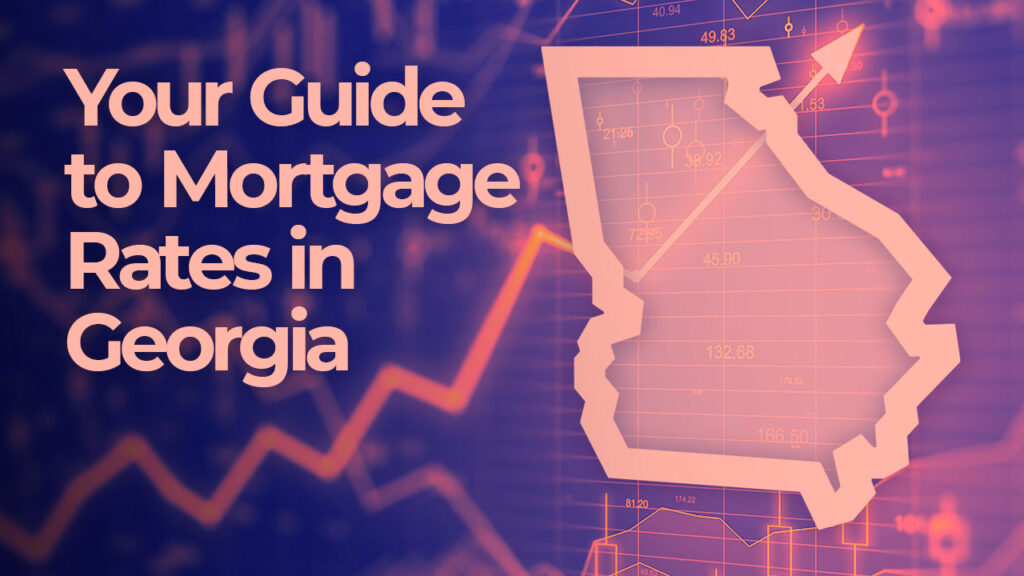Navigating the world of personal loans can feel overwhelming, especially if you’re just starting. This beginner’s guide will walk you through the process of securing a small loan in America, demystifying the jargon and helping you make informed decisions.
Understanding Your Credit Score
Your credit score is a crucial factor in loan approval. A higher score means better interest rates and more favorable terms. You can check your credit score for free through various websites. Learn more about checking your credit score here.
Types of Small Loans
Several types of small loans are available, including personal loans, payday loans, title loans, and loans from credit unions. Each comes with its own set of terms and conditions. Let’s explore some differences.Learn more about personal loans.
Choosing the Right Loan Amount
Borrow only what you need and can comfortably repay. Overborrowing can lead to financial stress. 
Interest Rates and APR
Understanding Annual Percentage Rate (APR) is vital. It represents the total cost of borrowing, including fees and interest. Shop around for the lowest APR possible. Check out this APR calculator.
Loan Repayment Terms
Choose a repayment plan that aligns with your budget. Shorter loan terms mean higher monthly payments but lower overall interest. 
Fees and Charges
Be aware of all associated fees, including origination fees, late payment fees, and prepayment penalties. Some lenders may charge significantly higher fees than others.
Credit Unions vs. Banks
Credit unions often offer more competitive rates and personalized service than traditional banks. Compare credit unions and banks.
Online Lenders
Online lenders provide a convenient and efficient way to apply for loans, but it’s essential to research their legitimacy and verify their credentials.
Secured vs. Unsecured Loans
Secured loans require collateral, like a car or house, reducing risk for the lender and often resulting in lower interest rates. Unsecured loans don’t require collateral but typically come with higher interest rates.
The Application Process
The application process generally involves filling out an online application form and providing necessary documentation, such as proof of income and identification. 
Required Documentation
Prepare documents like pay stubs, tax returns, and bank statements to expedite the application process. See a checklist of required documents.
Loan Approval and Disbursement
After approval, the funds are usually disbursed directly into your bank account. The time it takes varies based on the lender.
Managing Your Loan Repayment
Set up automatic payments to avoid late fees. Create a budget to ensure timely repayments.
Avoiding Loan Scams
Be wary of lenders offering unrealistically low interest rates or pressuring you into quick decisions. Research thoroughly before committing to a loan. Learn more about avoiding loan scams.
Improving Your Credit Score
Work towards improving your credit score to qualify for better loan terms in the future. Paying bills on time and maintaining low credit utilization are key.
Building a Good Financial Foundation
A solid financial foundation is crucial for securing loans and managing finances responsibly. Start by creating a budget and monitoring your spending.
Securing a small loan can be a straightforward process if you understand the steps involved. Remember to shop around, compare offers, and choose a loan that aligns with your financial situation and repayment capabilities.
Frequently Asked Questions
What is a good credit score for a loan? Generally, a credit score above 670 is considered good for loan approval with favorable terms.
How long does it take to get a loan approved? Loan approval times can range from a few days to a few weeks depending on the lender and the complexity of your application.
What happens if I miss a loan payment? Missing a loan payment will negatively impact your credit score and may result in late fees and additional charges.
Can I refinance a loan? Yes, you may be able to refinance a loan if your financial circumstances change or if you find a better interest rate elsewhere.
Where can I find more information about small business loans? Small business loans have slightly different criteria; seeking guidance from the Small Business Administration is recommended.


